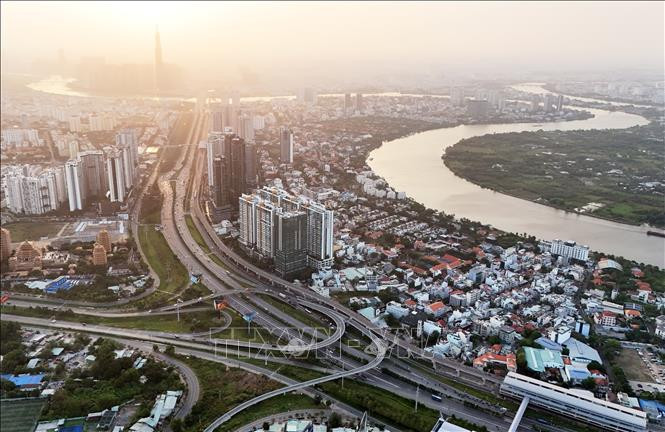
Italian Vietnamologist Sandra Scagliotti described Vietnam's "amazing transformation" over the past 50 years to escape from complete isolation and oppression by the US embargo. Dr. Alisher Mukhamedov, President of the Uzbekistan-Vietnam Friendship Association, affirmed that Vietnam has undergone "spectacular changes" after 50 years of unification. Meanwhile, Argentine scholar Professor Ezequiel Ramoneda highlighted Vietnam's political achievements, socio-economic development, foreign affairs and international integration as "extraordinary, truly admirable." Sharing the above viewpoint, Mr. Segovia, former Director of the Academy of Public Policy (Academia de Políticas Públicas) in the capital Lima (Peru), emphasized that in the context of the country emerging from a brutal war, with heavily damaged infrastructure and an exhausted economy, the fact that Vietnam has risen to become a country with a position in the international arena is a miracle.
According to Professor, Dr. Thanh Han Binh, Director of the Center for Vietnamese Studies at Zhejiang University of Industry (China), Vietnam's prominent position and influence in the international arena shows that its political and economic transformation over the past 50 years has been very successful, reflecting the long-term vitality of the Doi Moi policy, Vietnam has risen from one of the least developed countries to an emerging country with a strong economy and improved people's lives. Hero of the Republic of Cuba Fernando González Llort, President of the Cuban Institute for Friendship with Peoples (ICAP), expressed his admiration for Vietnam's miracle, saying that "you have created a miracle" by turning the land most bombed and shelled on the planet into an economic bright spot with a growth rate among the top in Asia".
With the simple feelings of a person who had a predestined relationship with Vietnam during the war, the Sino-Vietnamese friendship scholar Vu Thuc Hue clearly felt that "the Vietnamese people have become richer, their living conditions both materially and spiritually have been constantly improved and their lives have become happier". Journalist Gabriel Mazzarovich, Head of the Central Ideology Department of the Communist Party of Uruguay, clearly stated that what the Vietnamese people have achieved is extremely impressive, rebuilding the country from the ruins, striving to build a new society, pursuing socialism and now being one of the 20 most dynamic economies in the world. Professor Vu Minh Khuong of the Lee Kuan Yew School of Public Policy, National University of Singapore affirmed: "Over the past 50 years, Vietnam has grown to a level that many previous generations could not have imagined".
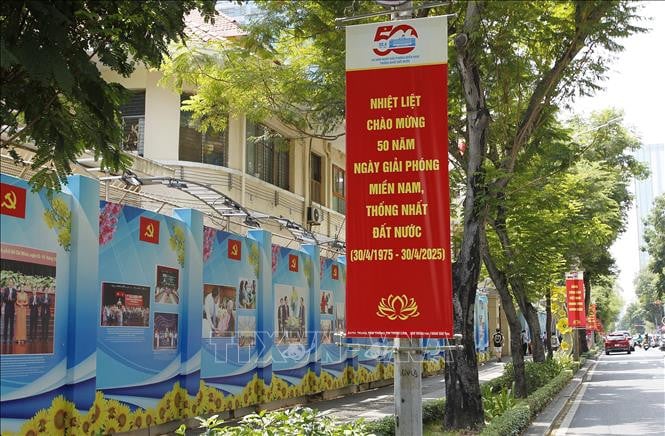
It can be seen that the opinions praising Vietnam's development over the past 50 years are completely correct. From the chaotic battlefields, the villages devastated by the smoke of war, Vietnam has gradually recovered and achieved impressive achievements. With the turning point being the Doi Moi policy implemented since 1986, after nearly 4 decades, Vietnam has significantly narrowed the income gap with countries in the region and the world. The socialist-oriented market economy has developed strongly with a scale in the Top 40 in the world, Top 5 in the Association of Southeast Asian Nations (ASEAN), the average Gross Domestic Product (GDP) per capita has increased nearly 60 times after 3 decades and is currently in the group of 15 developed economies attracting the largest foreign direct investment (FDI) in the world.
The International Monetary Fund (IMF) and the World Bank (WB) assessed that Vietnam ranked 19th in the top 20 fastest growing economies in the world with an average GDP growth rate of 6-7%/year. Vietnam is also forecast to surpass large economies such as China, Thailand, Indonesia or Malaysia in terms of growth rate. Seasia Stats estimates that Vietnam's economic scale will rank 12th in Asia in 2025. From a country living under siege, embargo, and needing aid, to date, Vietnam's sustainable development index (SDG) in 2024 ranked 54/166. With political determination, social commitment and transformational vision, Vietnam is on its way to becoming a regional and global power, reshaping the role of emerging countries in the 21st century. According to ABC Mundial, if Vietnam continues on its current path, it will not only achieve high-income economic status by 2045 as targeted, but also inspire other developing countries to follow suit.
Professor Chu Hoang Long, Director of the Vietnam Policy Research Center at the Australian National University, emphasized that Vietnam has risen strongly, affirming its position as a dynamic, vocal and responsible nation in the international arena, with remarkable progress both in terms of national status - from economy, society, culture, foreign relations - and in terms of personal development. Once one of the poorest countries in the world after decades of war, today Vietnam is one of the most remarkable examples of economic transformation in the 21st century.
Argentine journalist Gaston Fiorda commented that after 50 years, the message of the April 30 Victory now has a new meaning because from the pain, loss and devastation of war, Vietnam has become one of the countries with high growth rates in the world, with admirable socio-economic achievements, becoming a symbol of peace and development. As the admiring confession of Hero of the Republic of Cuba Fernando González Llort, President of the Cuban Institute for Friendship with Peoples (ICAP) when talking about Vietnam after 50 years of the April 30, 1975 Victory: "The most miraculous thing is Vietnam today - a country that has surpassed the dream of '10 times more beautiful' that President Ho Chi Minh always wished for and entrusted in his will".
Source: https://baoquangninh.vn/thong-diep-cua-chien-thang-3355869.html








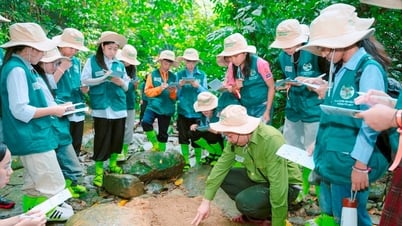
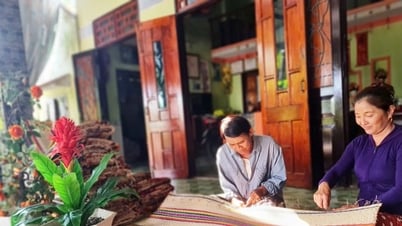
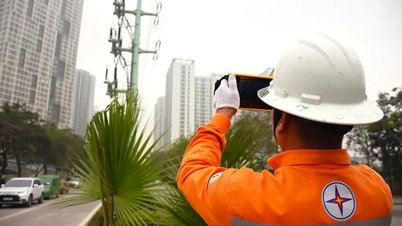
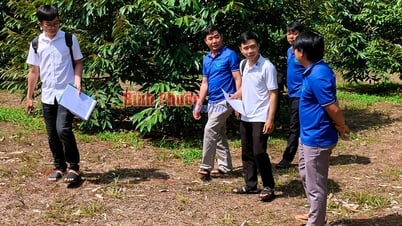
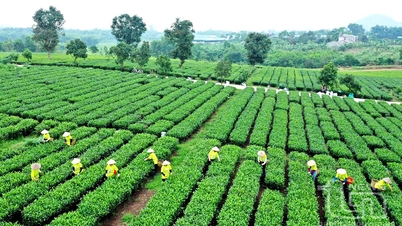






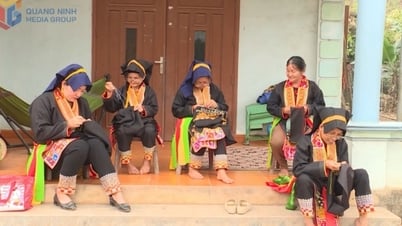
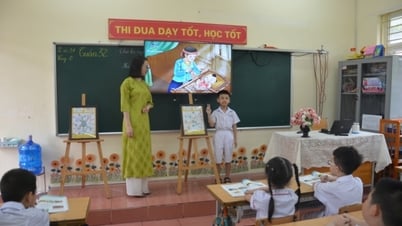
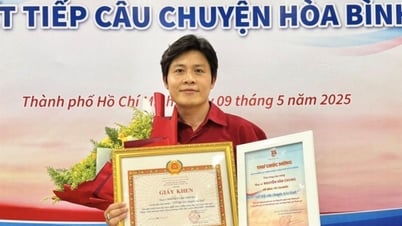
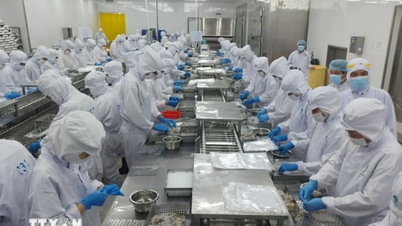

![[Photo] General Secretary To Lam meets with Chairman of the Federation Council, Parliament of the Russian Federation](https://vphoto.vietnam.vn/thumb/1200x675/vietnam/resource/IMAGE/2025/5/10/2c37f1980bdc48c4a04ca24b5f544b33)
![[Photo] Ho Chi Minh City: Many people release flower lanterns to celebrate Buddha's Birthday](https://vphoto.vietnam.vn/thumb/1200x675/vietnam/resource/IMAGE/2025/5/10/5d57dc648c0f46ffa3b22a3e6e3eac3e)
















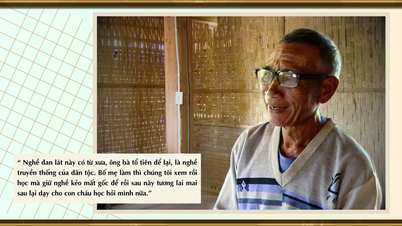

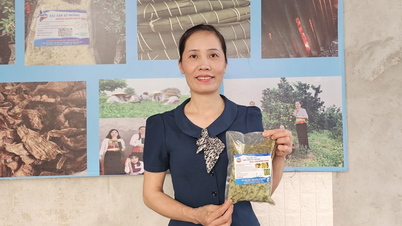












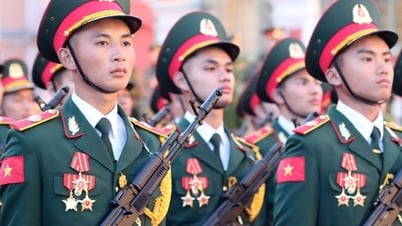

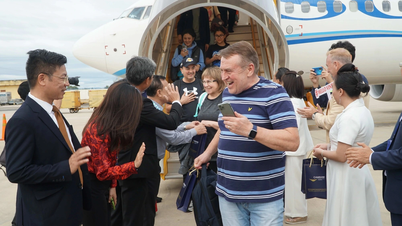



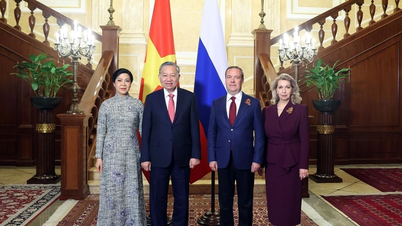







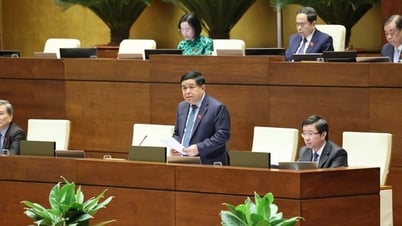

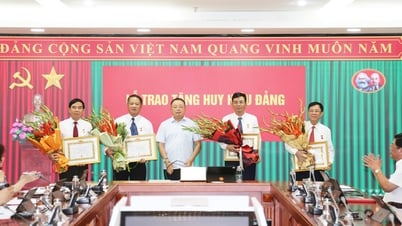
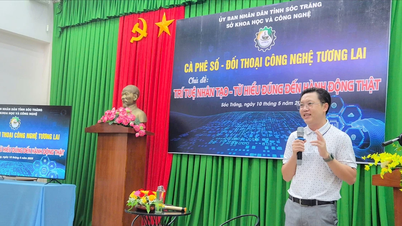

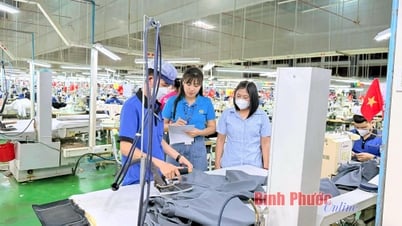

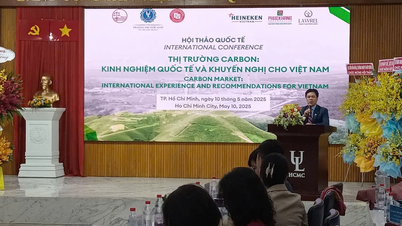














Comment (0)